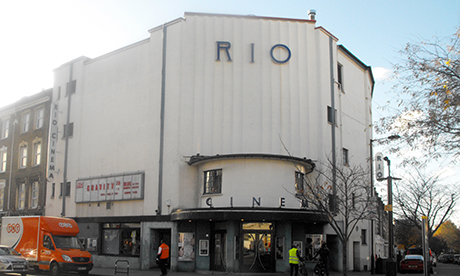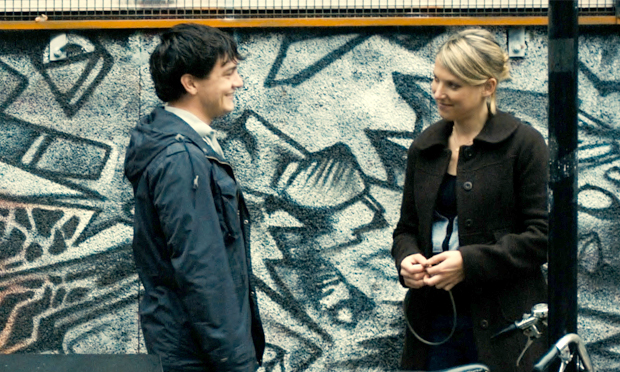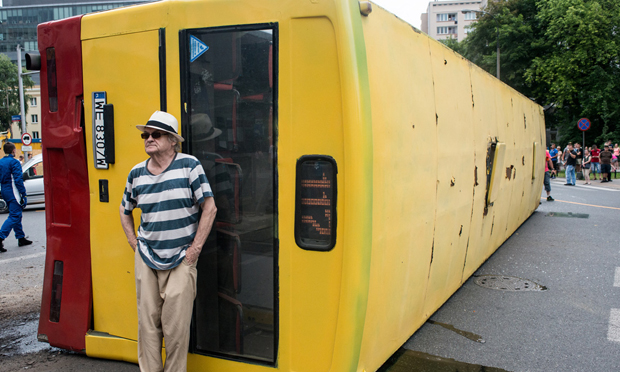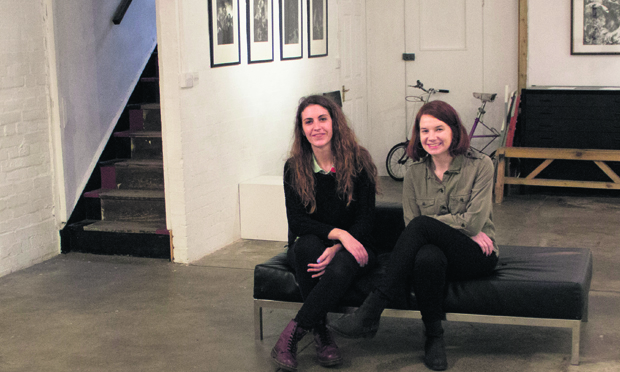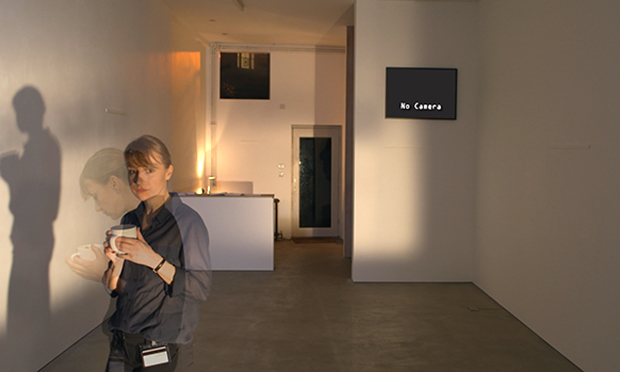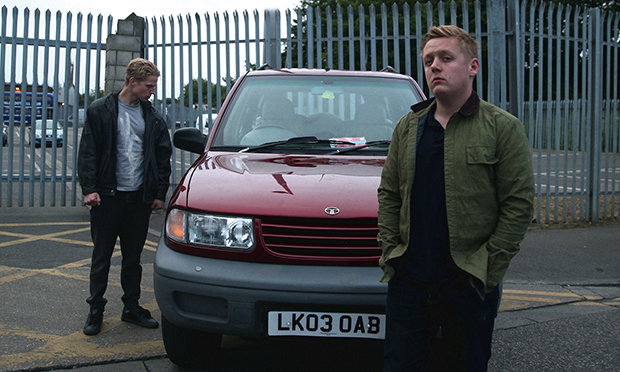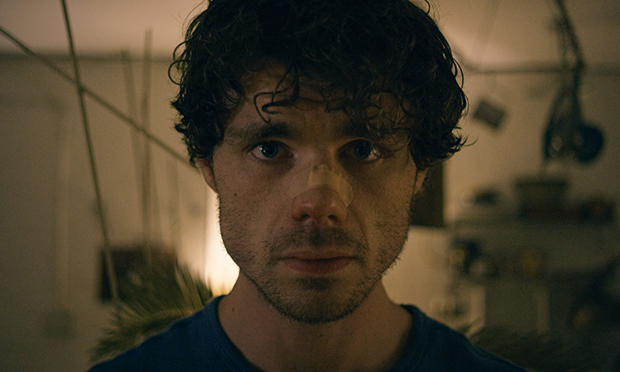
East London may with some justification be able to call itself a world leader when it comes to making short films these days.
That is because East London films have triumphed for two years running at the Oscars in the category of Best Live Action Short Film, arguably the most prestigious award a short film can receive.
This year 12-minute short Stutterer emerged victorious in the category, emulating the success of James Lucas’s The Phone Call the previous year.
Directed by Benjamin Cleary, the film is about a reclusive typographer with a severe speech impediment whose inability to communicate effectively in everyday situations severely hampers his self-esteem.
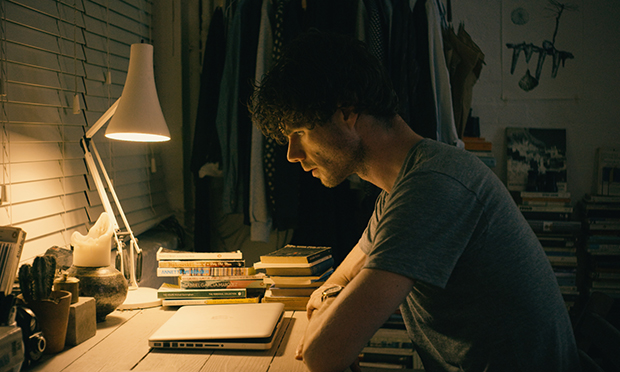
Greenwood, played by Ben Whishaw-lookalike Matthew Needham, is a young twenty-something East Londoner who can’t even phone his broadband provider without them assuming it’s a nuisance call and hanging up.
When someone asks him for directions, he feigns deafness by responding in sign language to avoid a potentially embarrassing situation.
Yet the voice inside his head is clear, articulate and witty. He makes up poetry, his bedroom is full of books.
The place where Greenwood can most be himself is on the internet, where he has been chatting with a girl for six months over Facebook. But when she decides to visit London and wants to meet up IRL, Greenwood is crippled by fear.
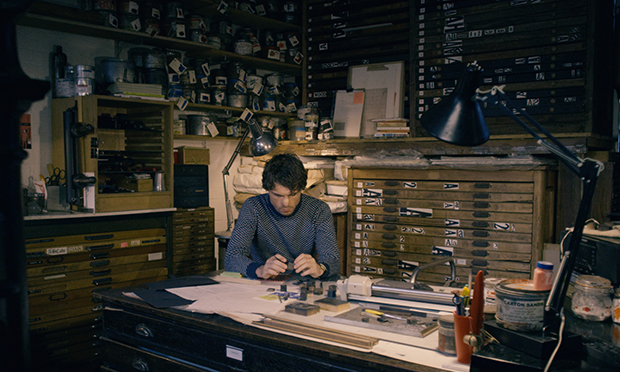
With funky patterned shirts buttoned all the way to the top, Greenwood looks every inch the modern East Londoner as he scouts Broadway Market, rehearsing what he’s going to say, leading to the final scene outside the Star By Hackney Downs pub, and a clever and unexpected plot twist.
Only the viewer is privy to Greenwood’s inner thoughts and wry observations, which we hear in a voiceover, often while Needham’s face, the picture of self-pity, gazes back at us.
But our sympathy is derived less from Greenwood’s condition than what it comes to represent: the struggle to bridge the gap between the ‘real’ person inside and the one the world sees – a universal theme no less, in this subtle and tender film.
